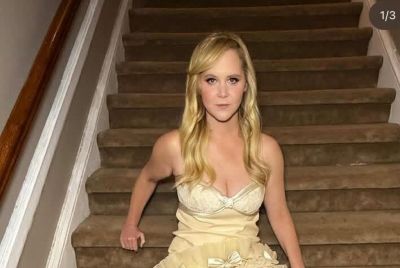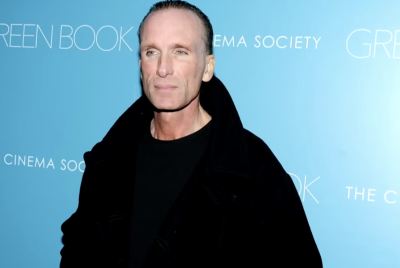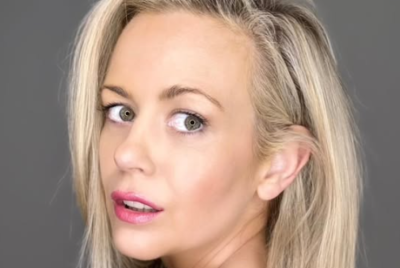Lily Allen's Past Cheating Scandal Resurfaces As Fans Call Her 'Super Sketchy' For Calling Out Ex-Husband
'West End Girl' blends truth and invention — but the public debate it provokes reveals the limits of confessional art
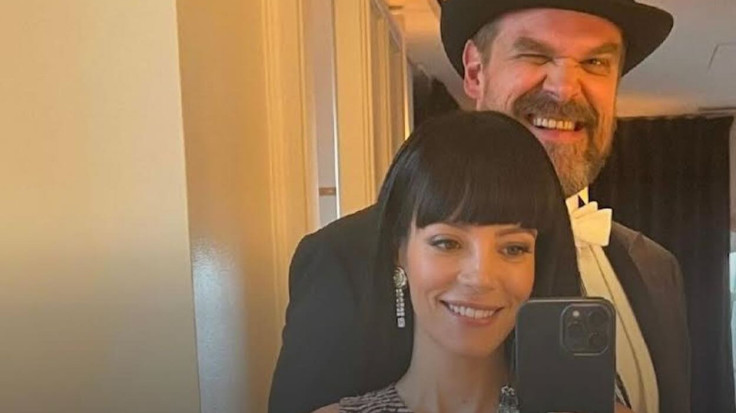
Lily Allen's scorched-earth new album has reopened a public row over infidelity, authorship and accountability.
The singer's surprise LP, West End Girl, released on 24 October 2025, contains tracks that many listeners interpret as a direct account of the collapse of her marriage to actor David Harbour, including a pointed, repeated refrain that asks, 'Who is Madeline?'.
Allen has described the collection as a form of 'autofiction', a blend of lived experience and invented detail used to process trauma, but her refusal to separate art from allegation has ignited fierce debate online.
Social media has been split between supporters praising her candour and critics accusing her of publicising intimate matters and, in some cases, of presenting an incomplete picture that invites scrutiny and scepticism.
What Lily Has Said — Her Own Words and Performances
Allen has been unusually open in recent interviews and live appearances about the emotional material behind West End Girl, telling British Vogue that the album was 'a way for me to process what was happening' and describing the record as born out of a concentrated, intense writing period.
On the media circuit, she has repeatedly framed songs as both personal and narratively shaped, a deliberate choice she called 'autofiction' in interviews, which gives her artistic licence while complicating how audiences read literal claims.
Allen and co-host Miquita Oliver have also discussed aspects of her personal life on their podcast Miss Me?, where episodes from their live shows are being published online, giving listeners direct access to her voice and stage remarks.
The Music, the Lyric, and the Accusation
Tracks such as 'Madeline' and other cuts on the record employ vivid scenes and dialogue that many listeners have mapped onto the timeline of Allen's marriage. The song 'Madeline' repeatedly invokes a woman's name and includes a spoken-word interlude that sounds like a text exchange, elements that have made it difficult for some listeners to treat the song as purely fictional.
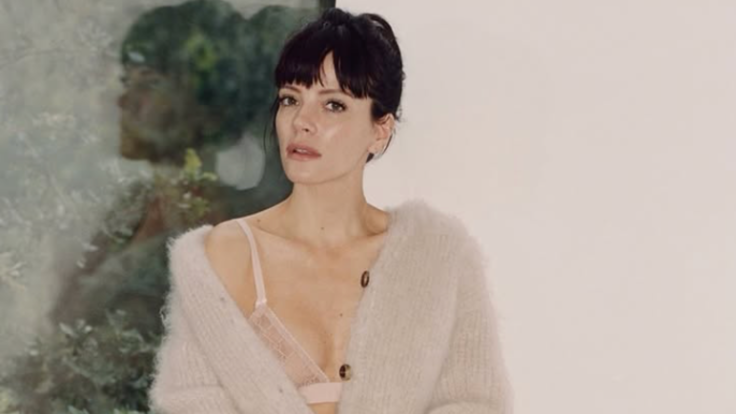
Allen's team and the singer herself have cautioned that the album mixes truth and invention; nevertheless, the specificity of certain details has been sufficient for fans and tabloid sleuths to triangulate real-world events and figures. That environment of sleuthing has amplified the sensation of revelation, even as Allen asserts artistic licence.
The online aftermath has been combustible. Clips from Allen's promotional TikToks and Instagram reels, where she teases songs and lip-syncs key lines, have been shared widely, generating thousands of comments that range from sympathy to derision.
Some social media users have hailed her bravery in naming emotional truth; others have accused her of exploiting a private rupture for commercial gain or of oversimplifying a complicated relationship into a morality play.
The Stakes for the Artist and the Audience
A number of commenters have described Allen as 'super sketchy', pointing not only to the way she has aired ambiguous allegations in her new songs but also to her own chequered past. Critics have resurfaced long-standing accusations against the singer, including claims of infidelity during her previous relationships, an incident where she reportedly rehomed a family dog under controversial circumstances, and an altercation with actress Zoë Kravitz years ago.
These revived stories, circulating widely across TikTok and X, have fuelled arguments that Allen's latest project risks painting her as a 'perfect victim' despite her own history of contentious behaviour.
For Allen, the record functions as both therapy and creative statement, the immediacy of the lyrics has reignited public interest in her work and provided the kind of media oxygen that drives streams and conversation.
Yet it also raises questions about responsibility in using identifiable incidents as lyrical material, especially where third parties may be implicated. Allen herself has acknowledged the blurred line between truth and invention in interviews, signalling awareness that an artist's account is not the only account.
Lily Allen's record reads as a raw attempt to narrate personal collapse — and the public's response shows that candid art can heal and provoke in equal measure.
© Copyright IBTimes 2025. All rights reserved.





